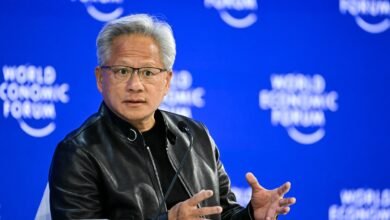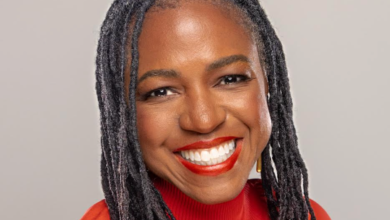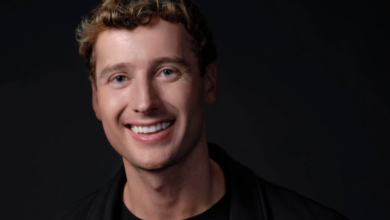Is Venture Capital Hurting Your Startup?

▼ Summary
– Pukar Hamal, founder of SecurityPal AI, raised a $21 million Series A in 2021 but later faced a cash crisis due to rising interest rates and a VC market crash.
– He shifted the company’s strategy from rapid, unprofitable growth to slower, sustainable growth focused on achieving profitability and cash flow positivity.
– Hamal cut expenses and conducted layoffs to extend the company’s runway, avoiding further fundraising despite renewed VC interest in AI startups.
– He believes excessive VC funding increases expectations, reduces control, and pressures companies to prioritize growth over healthy margins and customer success.
– Hamal advocates for founders to consider durable, slow growth as an alternative to the typical VC-backed model, aiming for self-sufficiency without repeated fundraising.
The conventional wisdom in Silicon Valley often pushes startups onto a relentless fundraising treadmill, but an increasing number of founders are questioning whether venture capital truly serves their long-term interests. Pukar Hamal, CEO of SecurityPal AI, experienced this firsthand after raising a $21 million Series A only to face a near-cash crisis a year later. His story highlights a critical tension between rapid, VC-fueled expansion and the pursuit of sustainable, profitable growth.
Hamal launched SecurityPal in March 2020, drawing from lessons learned in his previous venture. That earlier company had accepted funding before achieving product-market fit, a decision he now regards as a significant misstep. For SecurityPal, he deliberately waited until the business reached $1 million in annual recurring revenue before even considering external investment. This patience allowed the company to establish real traction and reduce early risk.
SecurityPal specializes in using artificial intelligence to streamline enterprise security due diligence, a process that typically slows down major IT contracts. By cutting review times from months to just days or even hours, the platform helps companies accelerate deal closures while reducing costs. Its client roster includes prominent names like Airtable, Figma, and Grammarly.
Despite this promising start, 2022 brought a harsh reality check. Rising interest rates triggered a venture capital downturn, making further fundraising difficult. With burn rates high and only 14 months of runway left, Hamal was forced to make painful cuts, including layoffs. That moment became a turning point. He shifted the company’s focus toward extending runway and driving toward cash flow positivity.
Although venture funding has since rebounded, especially in the AI sector, Hamal has chosen not to pursue another round. He cautions that venture capital, while useful, carries hidden costs: heightened expectations, loss of control, and pressure to prioritize growth over stability. In many VC-backed models, rapid revenue expansion can come at the expense of profitability, creating a cycle where companies burn cash even as sales increase.
Instead, Hamal advocates for what he calls “durable growth”, a slower, more deliberate approach that emphasizes solid gross margins and reliable cash collection. By limiting deployments and ensuring thorough customer onboarding, SecurityPal aims to reduce churn and build lasting relationships. This stands in contrast to the “grow at all costs” mentality that often leads to high customer turnover once renewal periods arrive.
Hamal is careful to note that he isn’t opposed to venture capital altogether. Some business models may require repeated funding rounds, and he hasn’t ruled out future raises for SecurityPal. Still, he encourages founders to consider alternatives to the standard VC playbook. His goal is to position his company so that it no longer depends on repeated infusions of external capital.
For those interested in exploring non-dilutive funding options or hearing more about Hamal’s journey, the full discussion is available on a recent episode of the Equity podcast.
(Source: TechCrunch)




